Ottawa says Barriere Lake, Que., school has no mould but Algonquin community is unconvinced
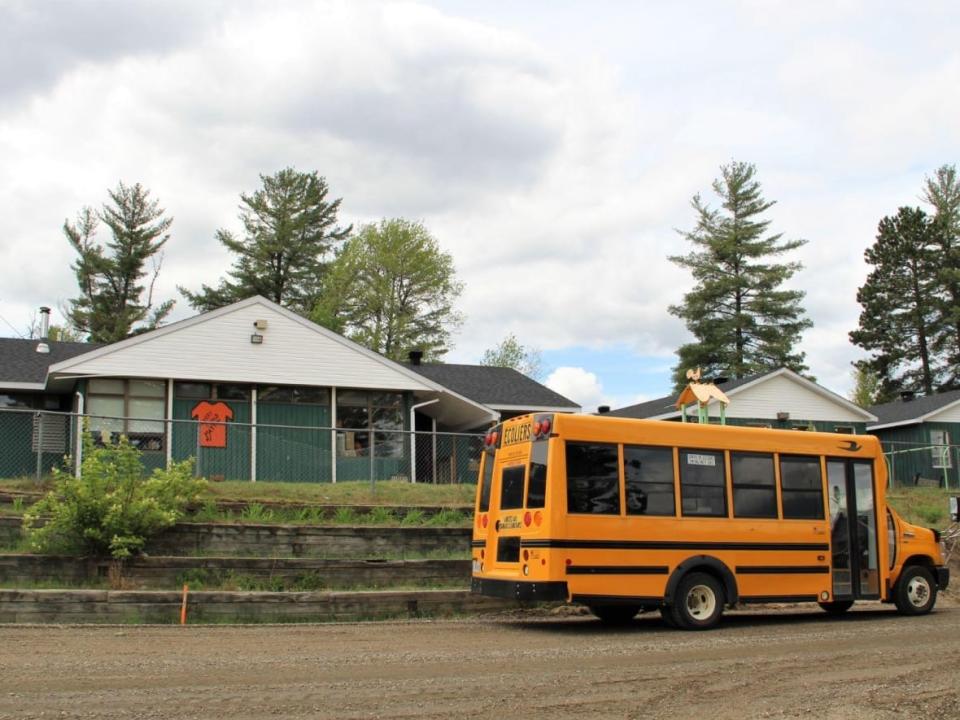
The federal government says no mould has been detected in the Kitiganik elementary school in the Algonquin community of Barriere Lake.
The school is closed because of concern over mould but Indigenous Services Canada says, based on reports from the Grand Council of Waban-Aki Nation, the First Nations Education Council and by the departmental representative of the ISC, the "building is safe for use."
The statement from ISC also says "no traces of mould have been detected inside the school."
But the school's principal is not so certain and the school, which has an enrollment of 70-75 pupils, will remain closed until further notice.
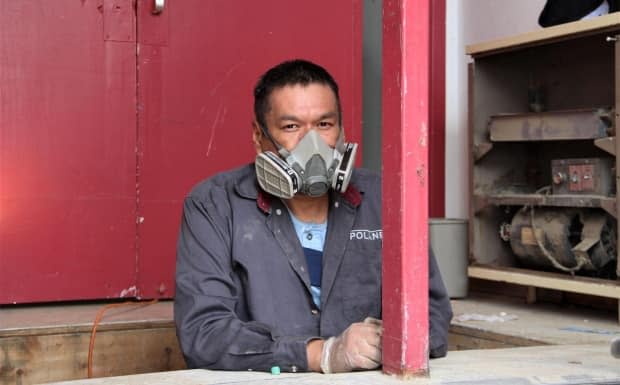
Judy Deschenes said she doesn't know if the school is safe or not and cannot reassure parents right now. She said although reports say no mould was detected in the school, there still is doubt in the community because of the building's age.
The ISC report confirms there is a bad smell inside the school but says it was caused by a pipe that broke in early May and led to sewage water leaking into the crawl space. Since the school's ventilation system's intake is near this crawl space, the strong smell permeated the entire building.
Deschenes says students are currently learning in different buildings within and outside of the community until the end of the school year.
The ISC said in a statement that the Grand Council of the Waban-Aki Nation will hire a firm to test the air quality in the school and "if the assessment reveals that the air quality is adequate, the students, who have been relocated in the interim, should be able to return to school."
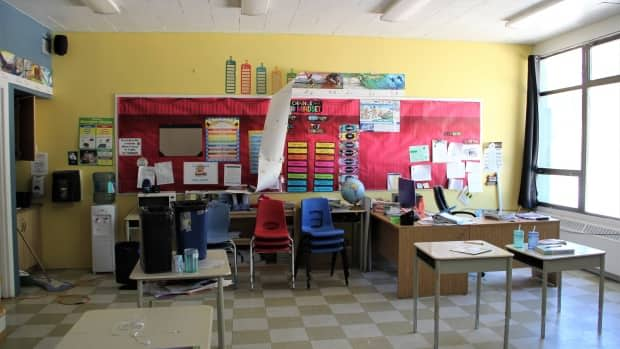
The federal government says there have been inspections throughout the years at the Kitiganik school. However, according to the community and even the ISC's own list of recent inspections, there hasn't been a certified mould inspection done.
However, in a statement, the ISC agrees the current school in Barriere Lake is outdated and does not meet the educational needs of the community.
According to community members, the 50-year-old-school has been having recurring problems with mould, broken pipes and leaks.
"Not just mould issues but also electric shortages. With the leak of the roof it causes problems. It creates hazardous situations," said Chief Tony Wawatie of the Algonquins of Barriere Lake Band Council.
"That's a school that's been 'band-aided' up every year, every spring. That mould smell comes up even though it's covered up. That's something that alarms me," Wawatie said.
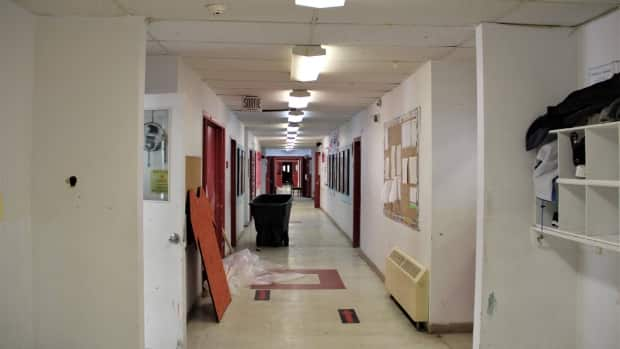
Principal Deschenes said she first noticed a damp smell in August 2021 when she started working at the school.
This year, she said the smell was strong and staff were complaining about it. Deschenes said the school has a history of water damage and that the floor is rotting in one end of the school.
"There definitely is a lot of work that still needs to be done to make it a safe school for the kids," said Deschenes.
"We do have a lot of people with respiratory problems. It's not just the kids, it's the adults in the building. We have kids with real life threatening illnesses. We want a good place," she said.
The former chief and the current administrative consultant for the Band Council, Casey Ratt, says parents do not trust the school. His three young children attend the school.
"It's scary, I don't want my kids to have permanent respiratory problems because of this mould issue. We have kids going to that school that do need something. And that something is a new school, or something temporary for now," said Ratt.
Barriers to building
A 2017 study for Indigenous Services Canada recommended construction of a new school. Work was supposed to begin in the 2019-2020 fiscal year, however without a permanent power supply, the project was put on hold.
The community of about 500 people is powered by a generator that, according to the band council, is maxed out. They need another source of power to build any infrastructure.
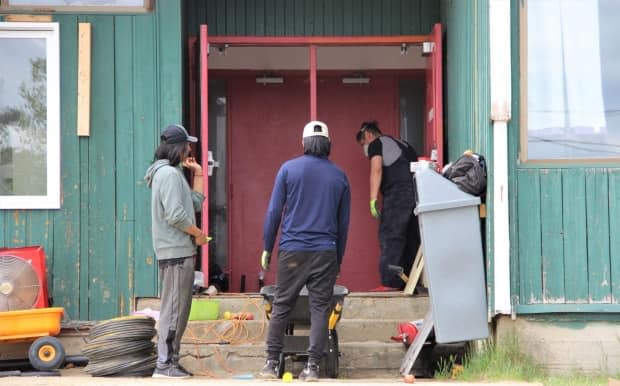
In a statement from the ISC, they said "unless the community provides clear direction on its intentions regarding the power supply and the school site, the construction cannot proceed."
The chief said the problem in connecting to the Hydro-Québec grid is affordability.
"We're a community that's 90 percent unemployed on social assistance. How can we charge our members for Hydro when they can't afford it first of all?"
The chief said the original location for the new school was too close to the shore line and subject to erosion because Barriere Lake is built on the shore of a water reservoir for a Hydro-Québec dam.
The school, Wawatie said, is just one example of the deep needs of his community.
"These kids, they deserve a new school. They need a better life than what they're living now," said Wawatie.
On June 10, Vance Badawey, parliamentary secretary to the minister of Indigenous services, came to Barriere Lake with the MP for Pontiac, Sophie Chatel, to discuss electrification, housing and infrastructure needs of the community and public health issues.
According to the chief, a location to build the school and a source of electrification is not yet decided. There still is no time frame as to when a new school will be built.
LISTEN | To Breakaway's coverage of the Kitiganik school shut down:

